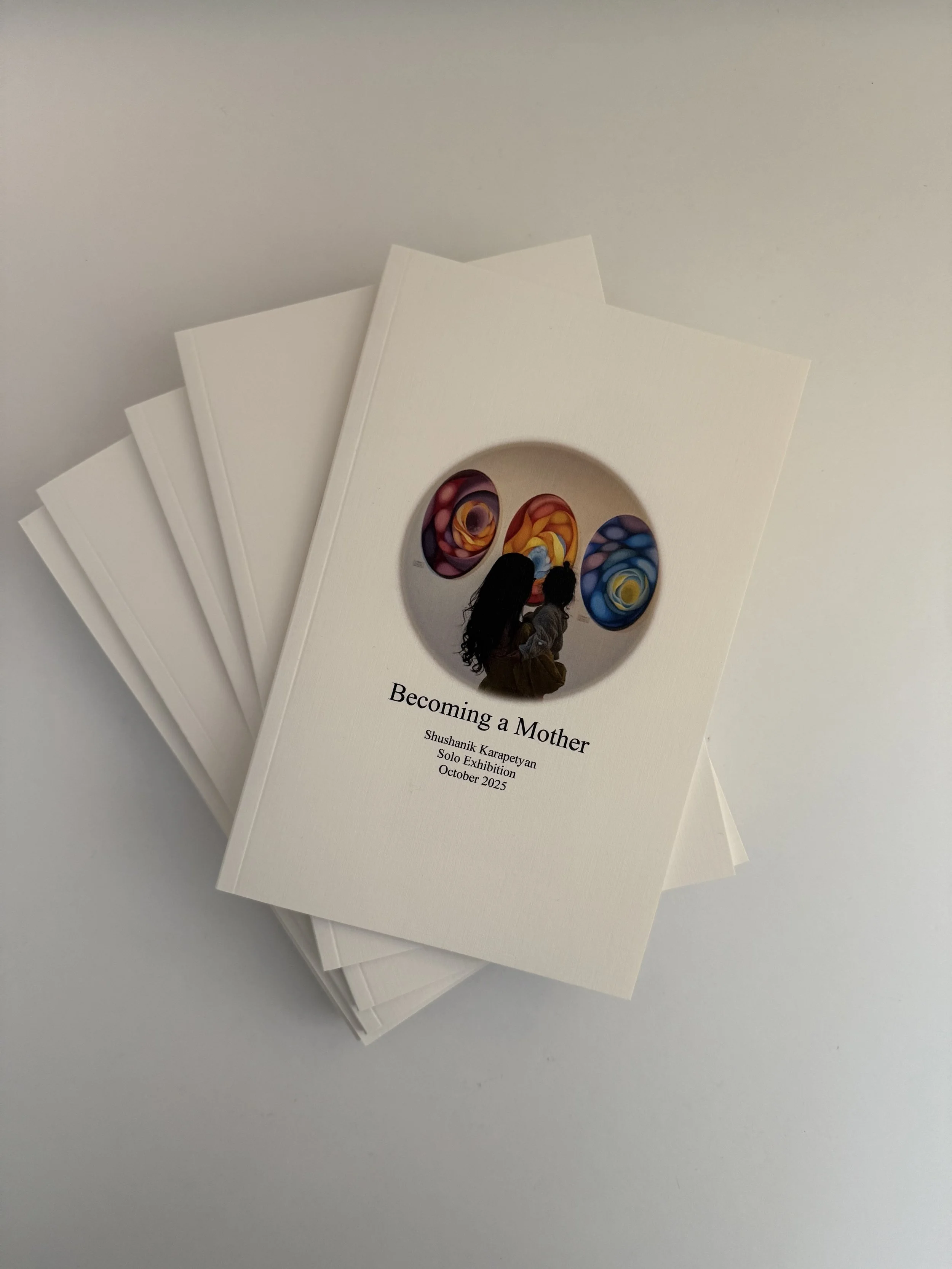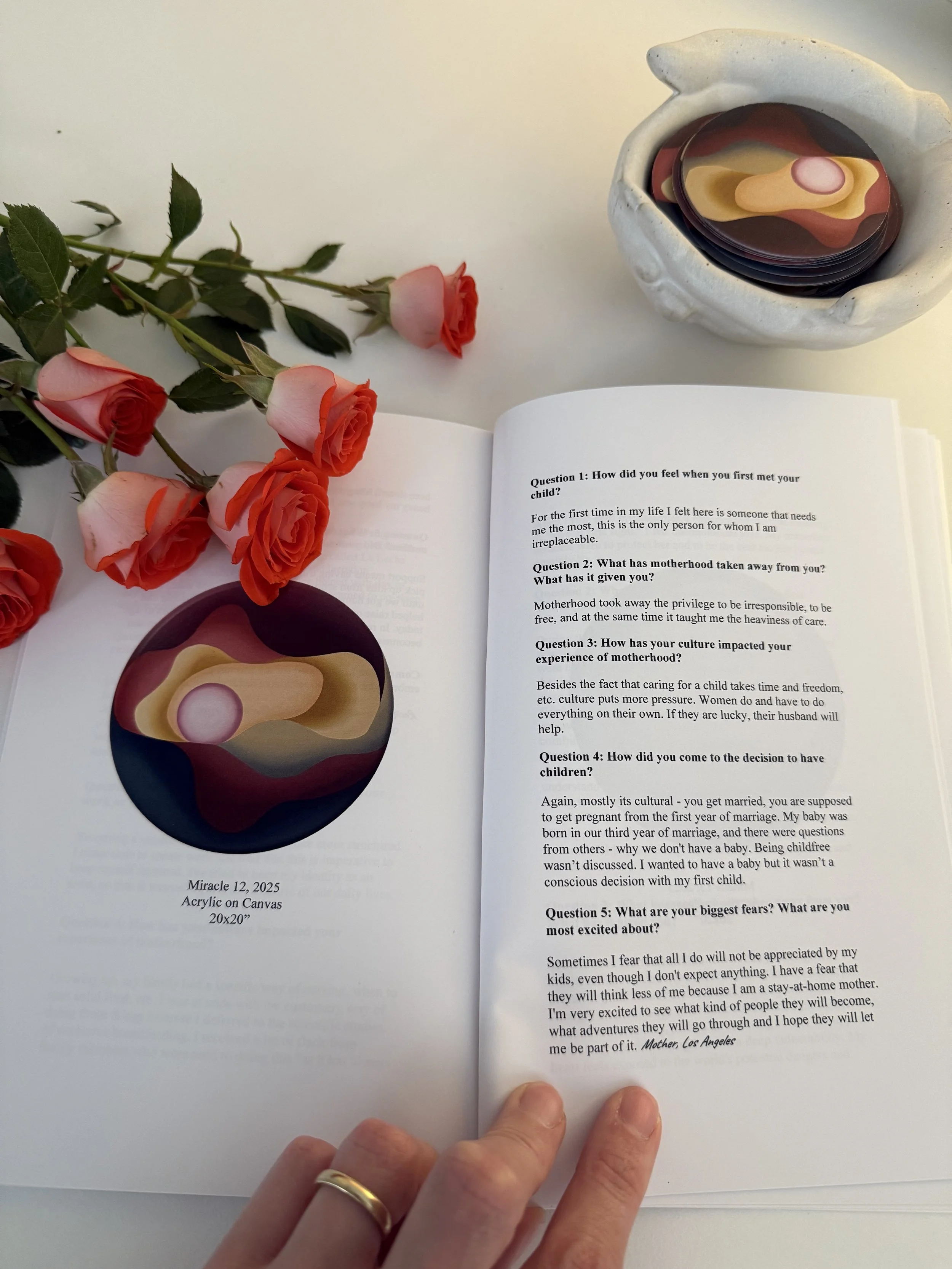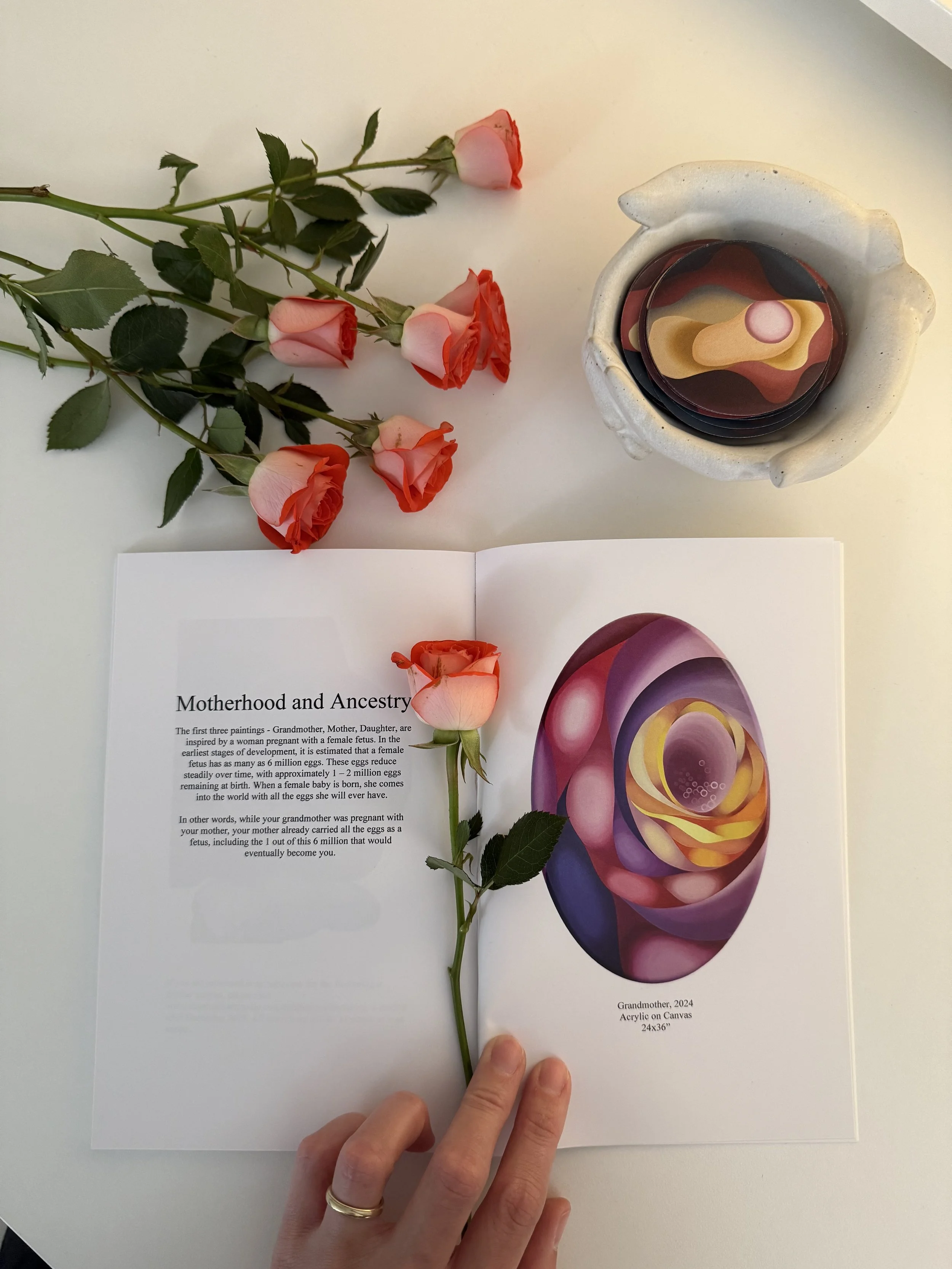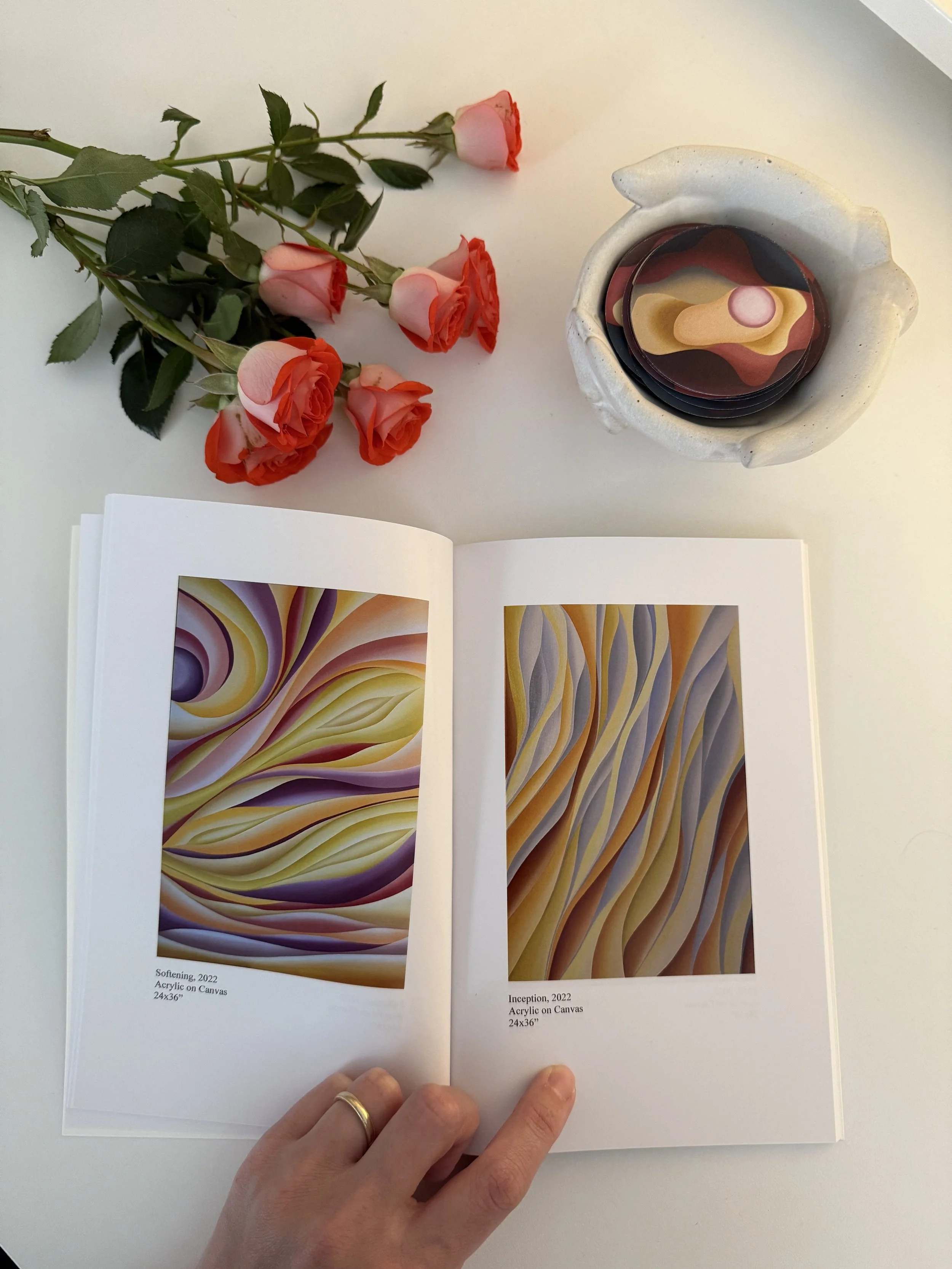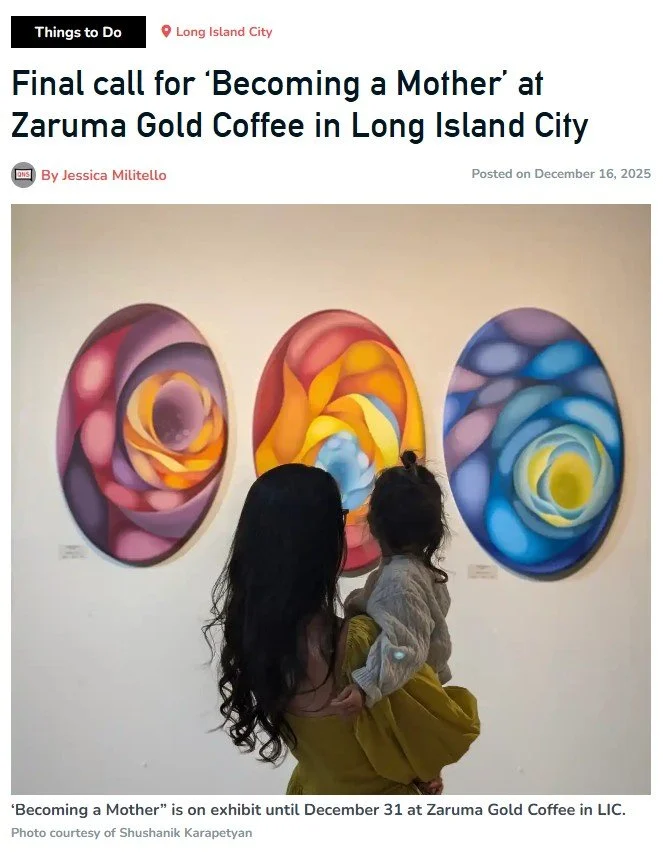Becoming a Mother - Solo Show
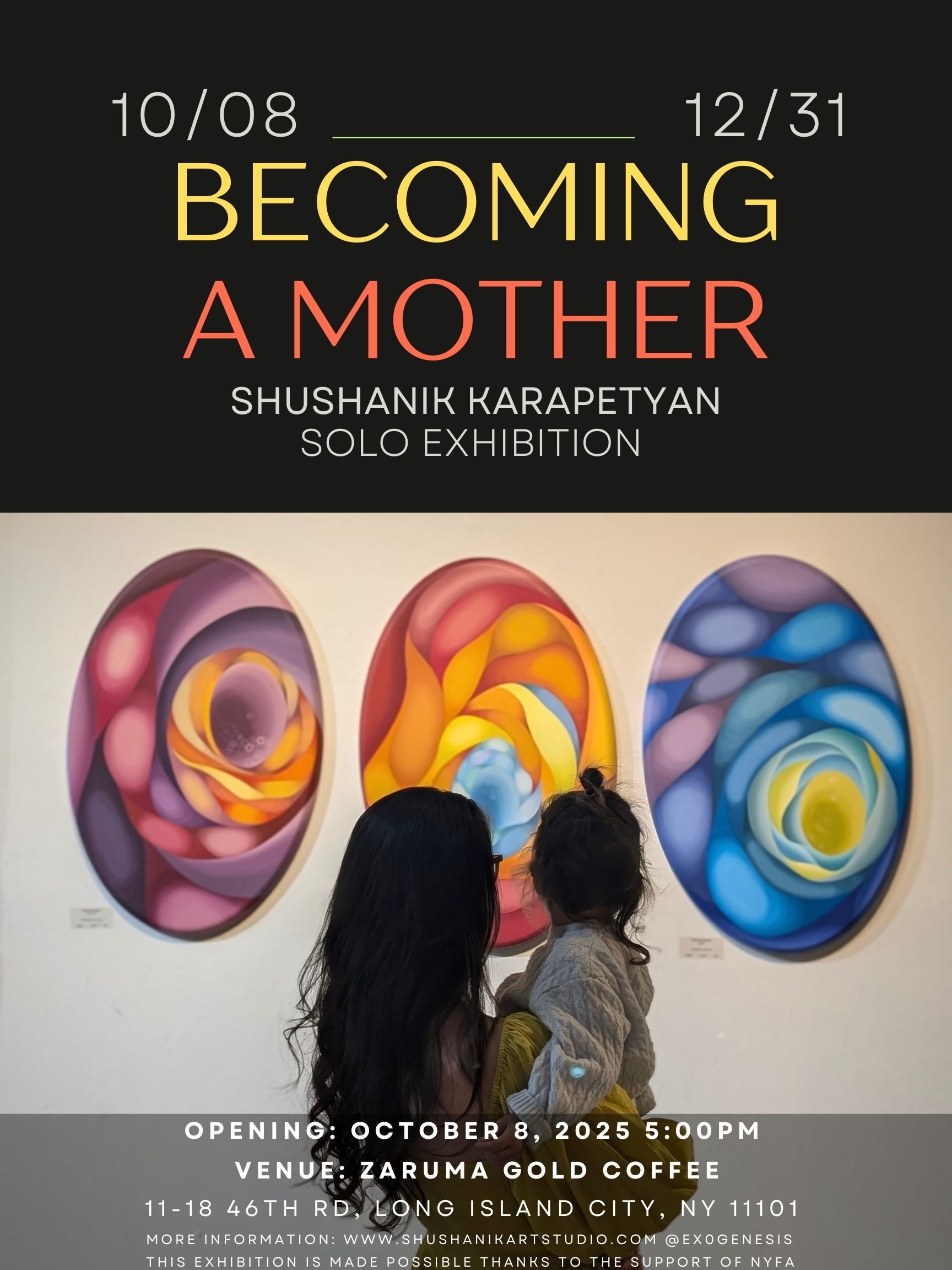
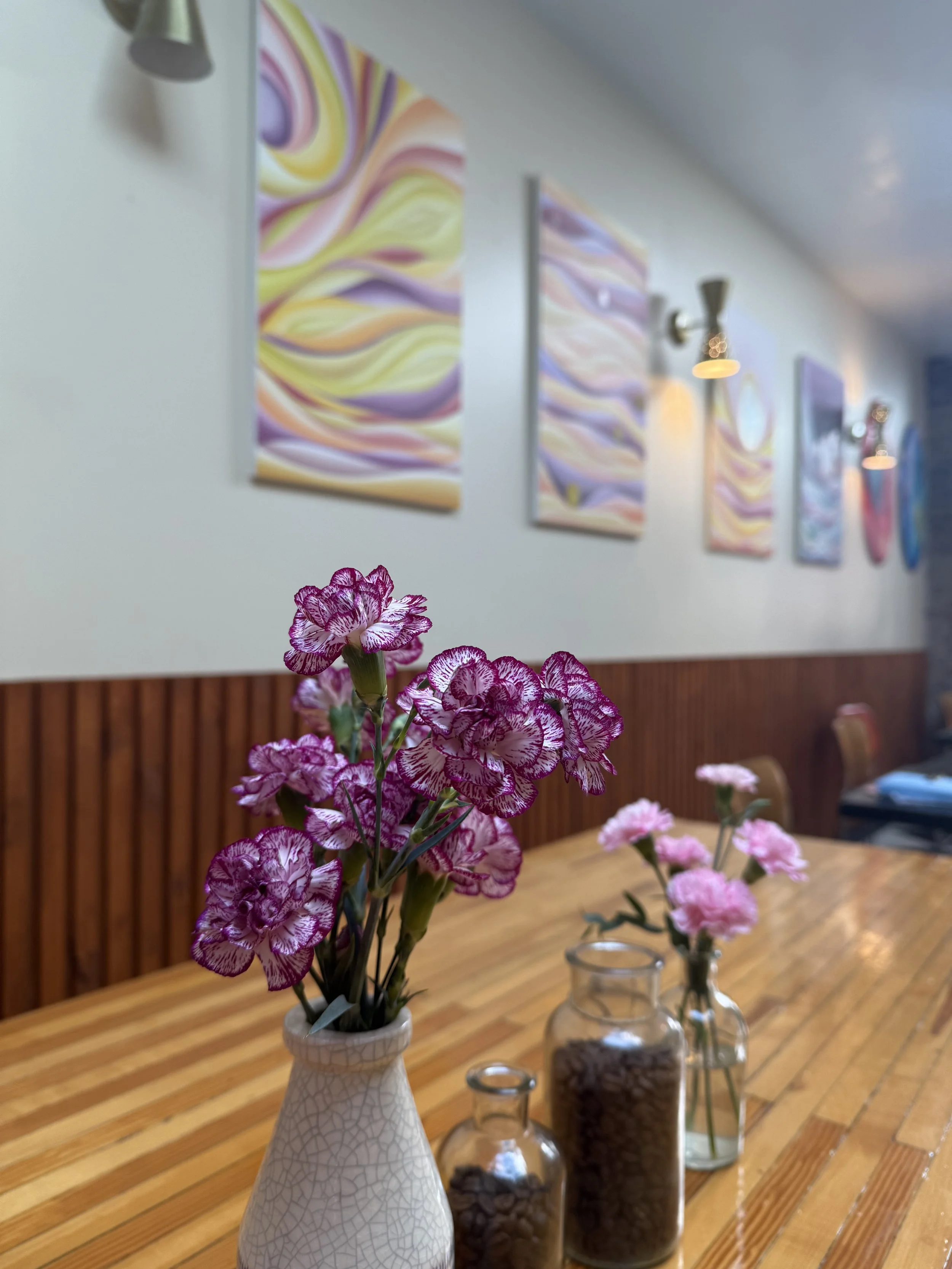
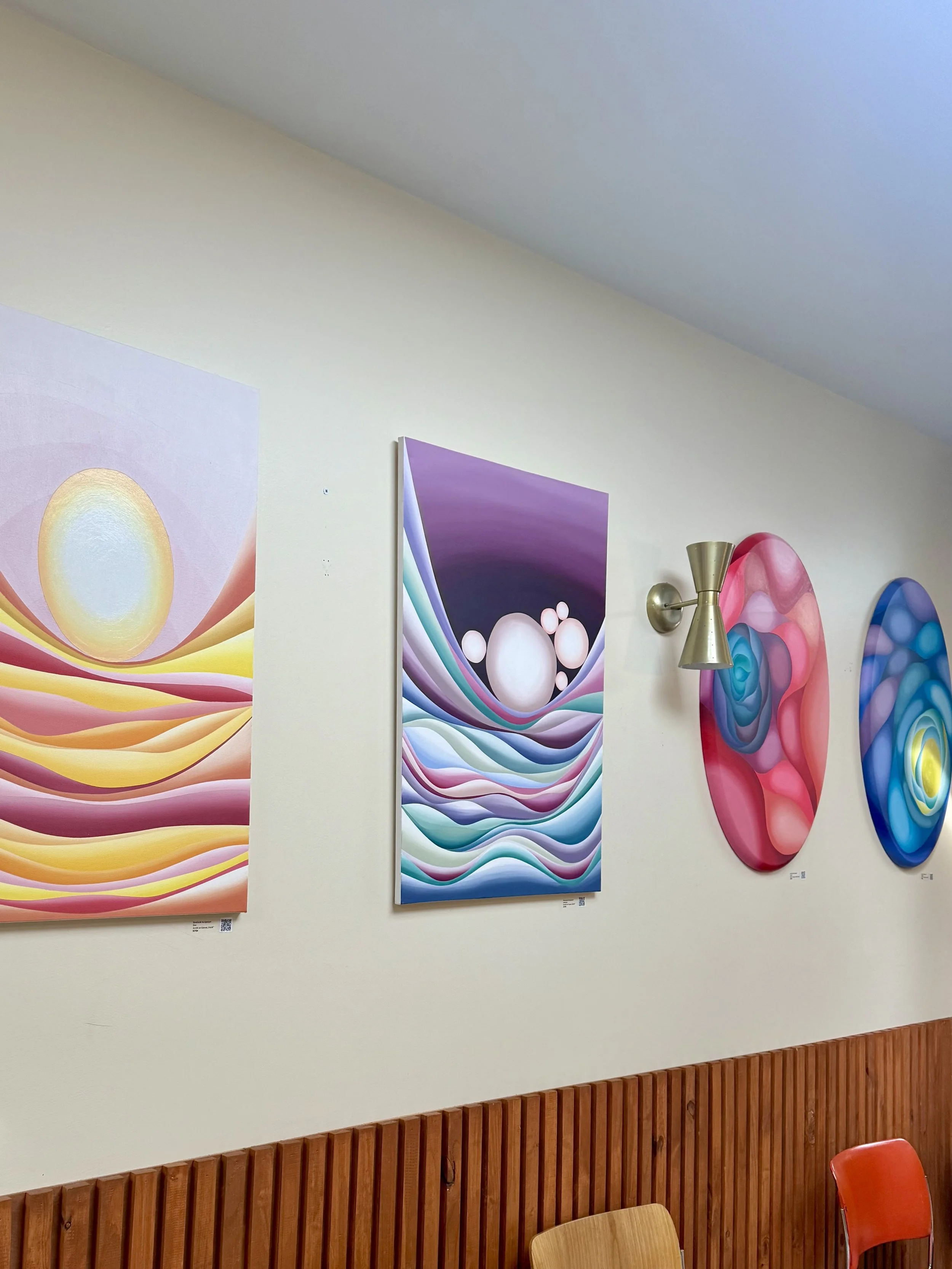

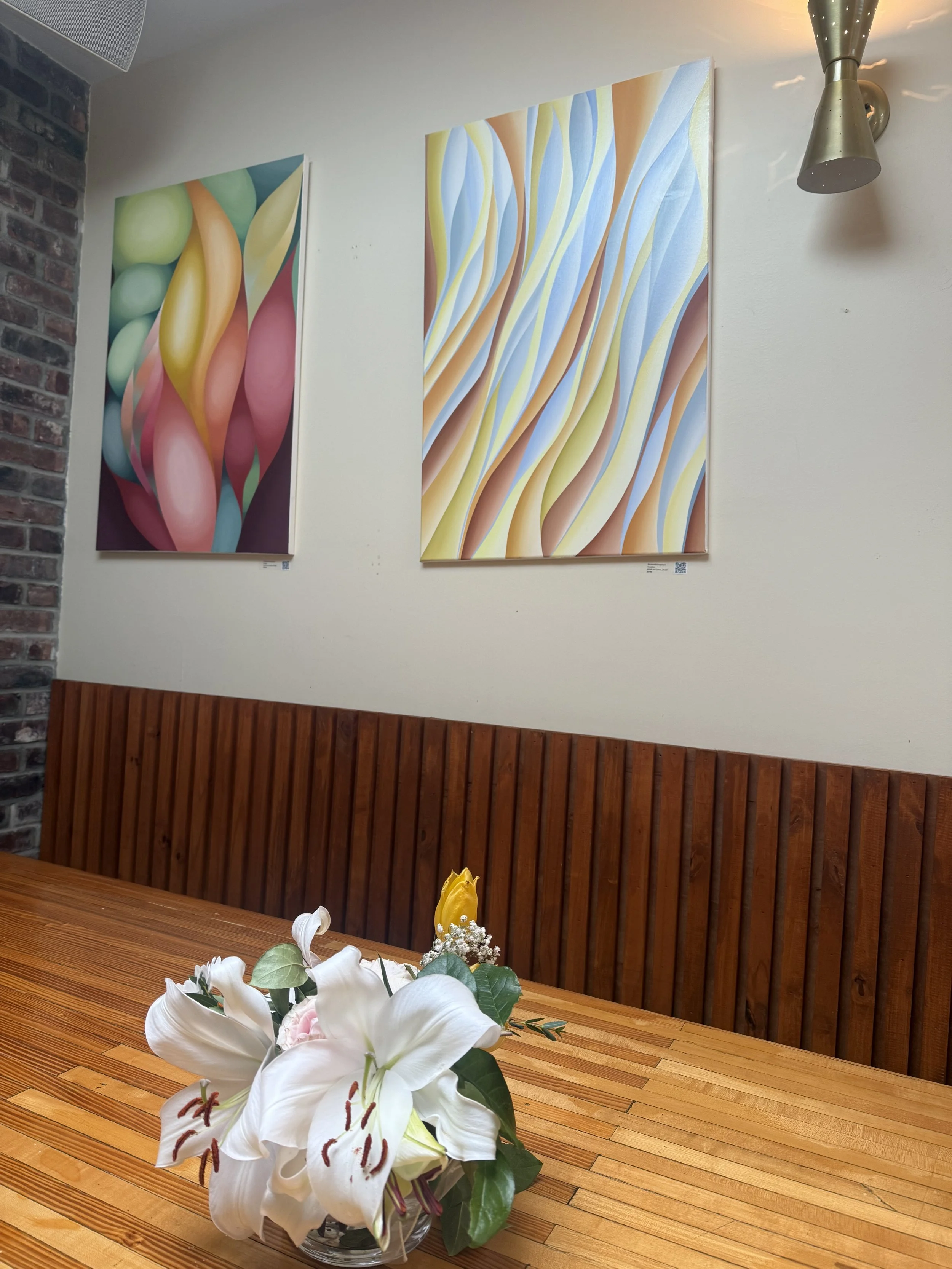
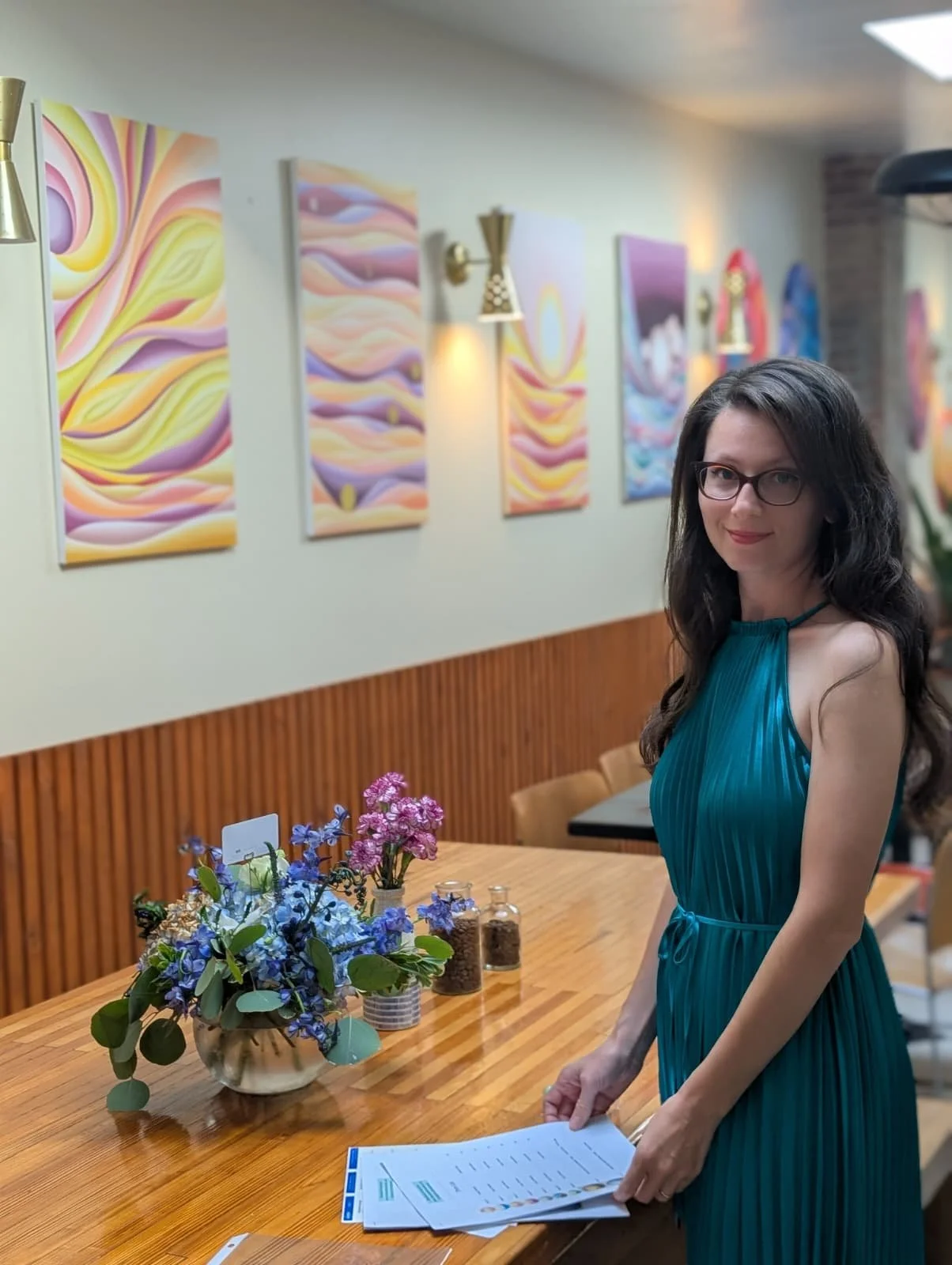
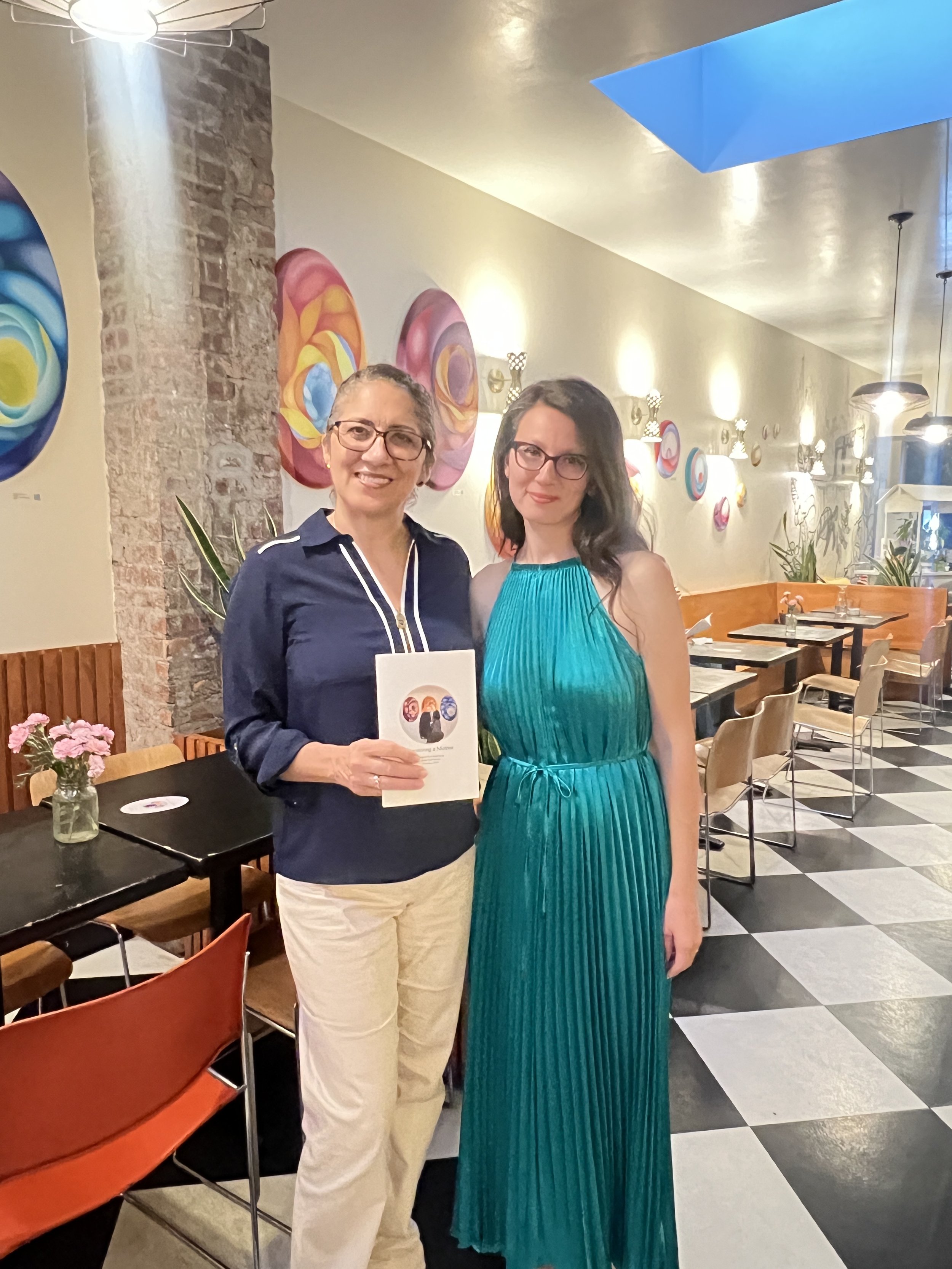
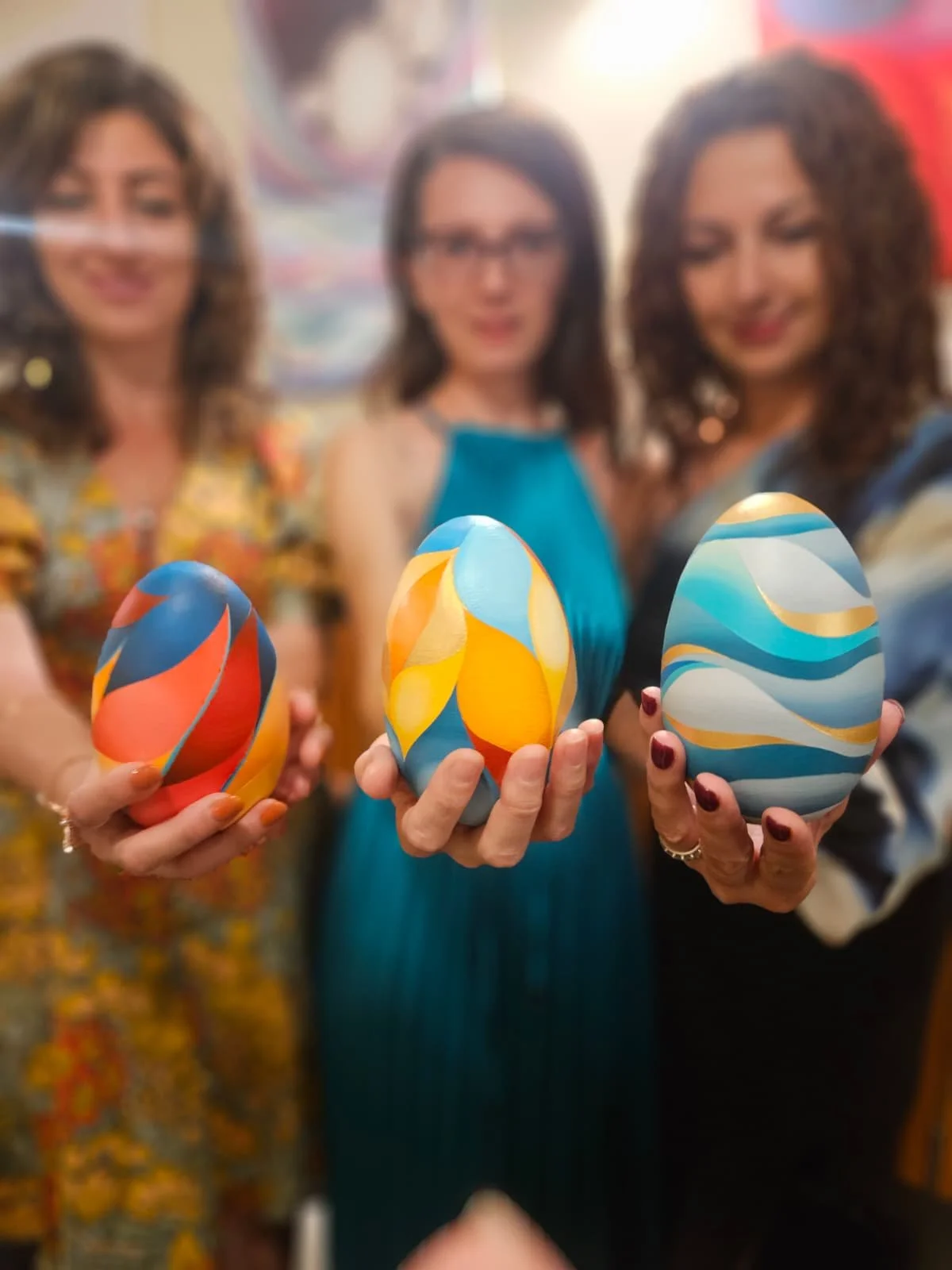
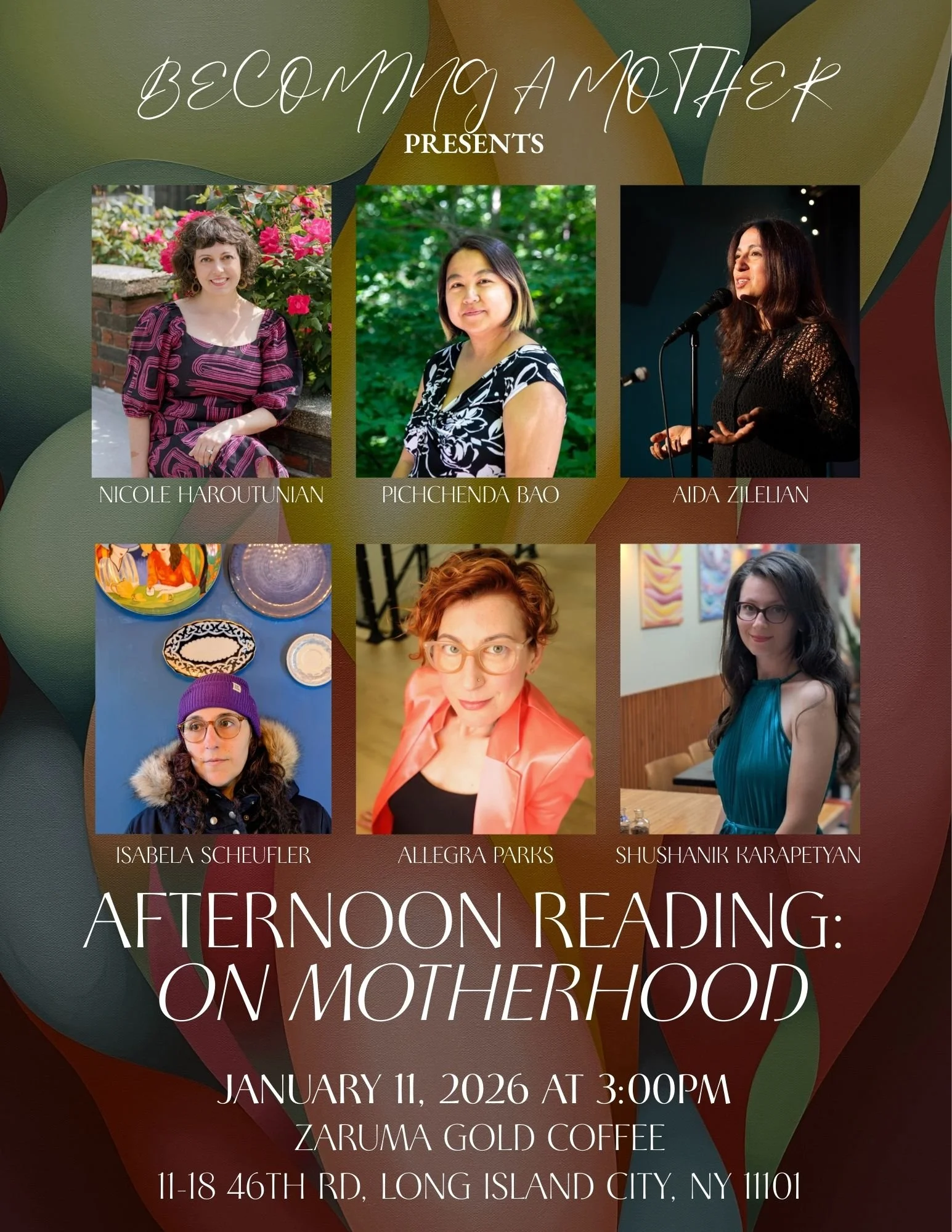
About this Project
This community-centered art exhibition explores women’s health, pregnancy, and motherhood through a combination of semi-abstract paintings and intimate, anonymous interviews. Inspired by the artist’s personal journey into motherhood, the collection is divided into three parts: the Menstrual Cycle, Pregnancy, and Motherhood. The exhibition presents these works alongside interview responses from a diverse group of women—including mothers, mothers-to-be, and women who don't have children—highlighting their shared and unique experiences. These interviews aim to spark dialogue and broaden public understanding of women’s experiences. This project seeks to center the mother figure: her experiences, her needs, her struggles, and ultimately, her celebration. The goal is for mothers to connect with each other and for those in their support networks to gain deeper insight into how they can show up more meaningfully.
This project is made possible (in part) with public funds from the Queens Arts Fund, a re-grant program supported by New York City Department of Cultural Affairs in partnership with the City Council and administered by New York Foundation for the Arts.
What’s significant about the Becoming a Mother project?
1. Centers Women’s Lived Experiences
Pregnancy, birth, and motherhood are profound and complex experiences, yet they are rarely treated with the same depth or seriousness as other artistic subjects. This project honors those experiences by giving them visual and narrative form.
2. Bridges Art and Public Health
By combining paintings with interviews, Becoming a Mother brings together personal storytelling and public education. It informs viewers about women’s health and maternal care while making the emotional landscape of motherhood visible.
3. Fosters Connection and Reflection
The project includes not just mothers, but also women who are pregnant, wish to become mothers, or have chosen not to. This inclusivity invites collective reflection, dismantles stigma, and emphasizes that there is no single path to womanhood or caregiving.
4. Challenges Cultural Silence
Many aspects of motherhood—physical recovery, mental health struggles, shifting identity—are often hidden or sanitized in mainstream narratives. This project challenges this silence by showing the raw, nuanced realities through both abstraction and testimony.
5. Creates a Community Archive
The anonymous interviews act as a form of collective memory. They preserve voices that might otherwise go unheard, and give visitors a deeper sense of shared humanity and vulnerability.
The Catalogue
Click here to read the interviews.
Below are the questions participants reflected on for the Becoming a Mother project.
The Interview
Choose 3–5 questions that feel most important to you at this time in your life to answer.
SECTION 1: Women Who Are Mothers
Postpartum & Identity
How did you feel when you first met your child?
What did you need most during the first month postpartum? Did you get it?
What has motherhood taken away from you? What has it given you?
How has becoming a mother affected your work or creative life?
Relationships & Support
How did motherhood affect your relationship with your partner/family/friends?
How has becoming a mother changed the way you see your own mother or parental figures?
How has your culture impacted your experience of motherhood?
What does “support” mean to you as a mother? Did your support system meet those needs?
SECTION 2: Pregnant Women / Expectant Mothers/Women Who Wish to Become Mothers
How did you come to the decision to have children?
What are your biggest fears? What are you most excited about?
Have you faced any challenges or pressures in your journey toward becoming a mother?
Have you ever felt undecided about becoming a mother?
SECTION 3: Women Who Have Chosen Not to Have Children
How did you come to the decision not to have children?
What has it been like to share that choice with others?
Have you felt pressure—cultural, familial, or internal—to become a mother?
How do you celebrate your life path, and what fulfills you deeply?
Resources
List of Psychotherapists, Services and Books for mothers, expectant mothers, women who want to be mothers, women who are childless by choice
Press
Final call for ‘Becoming a Mother’ at Zaruma Gold Coffee in Long Island City
By Jessica Militello published in QNS

